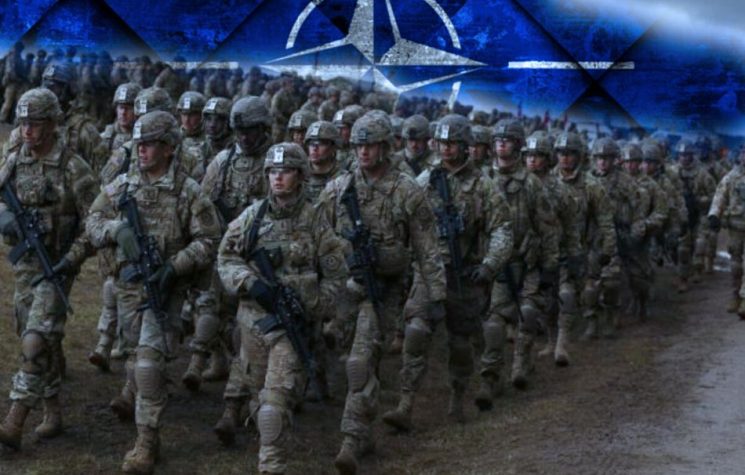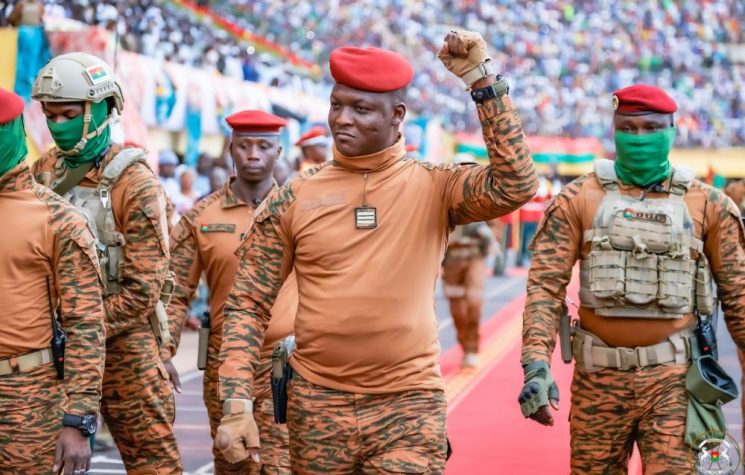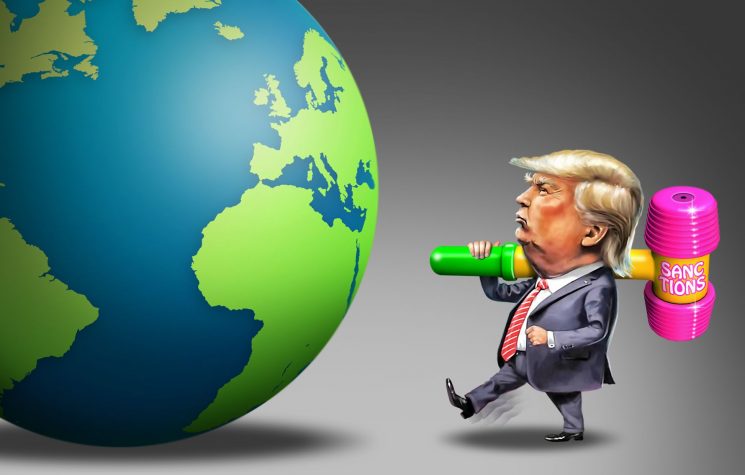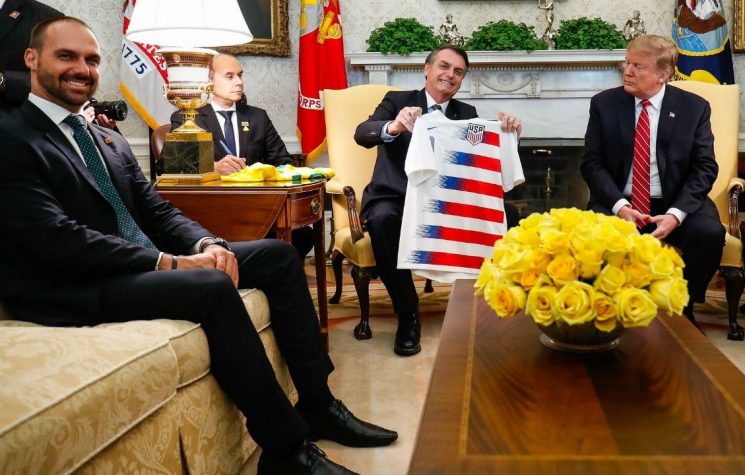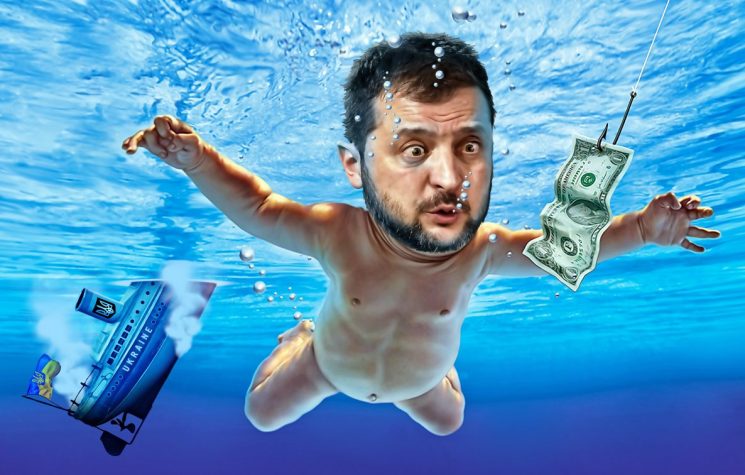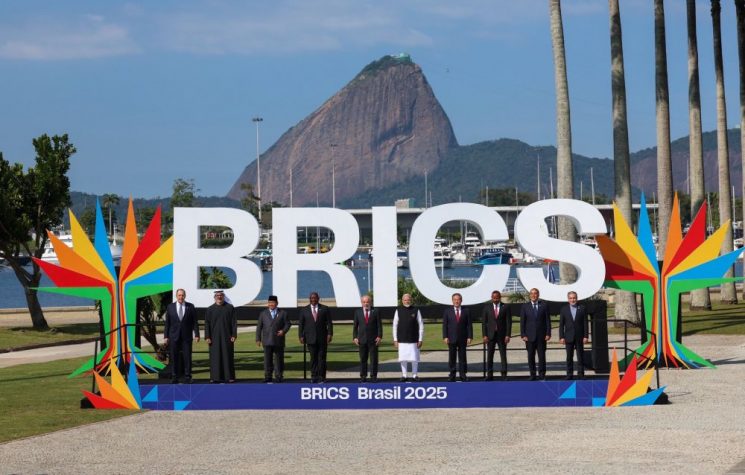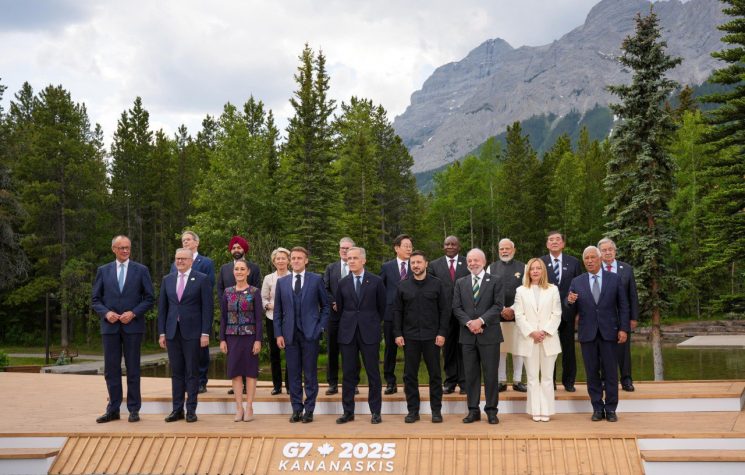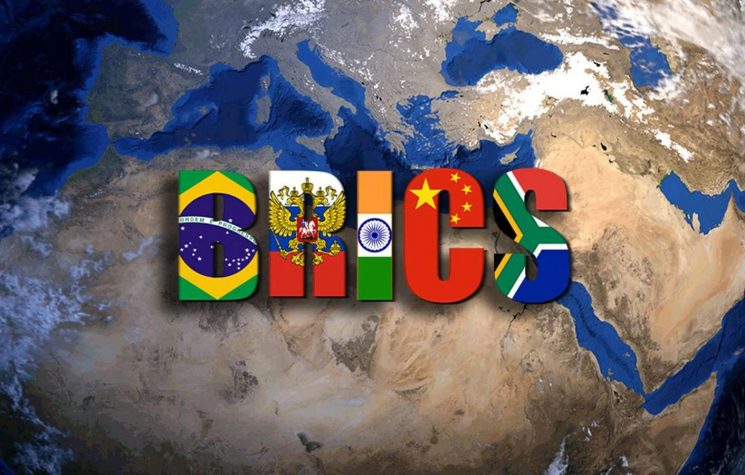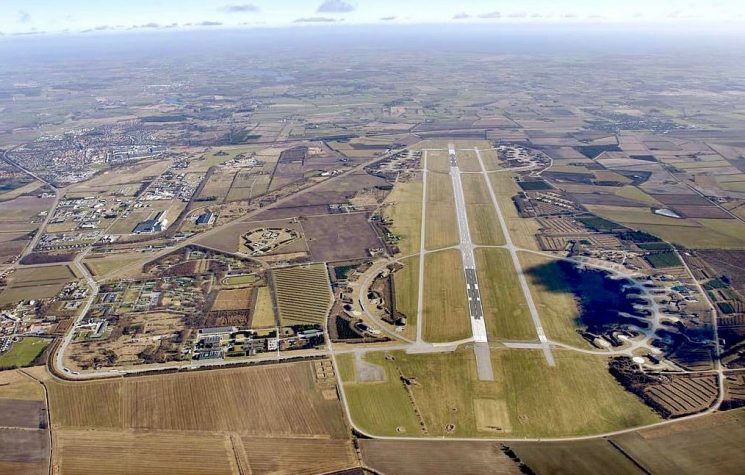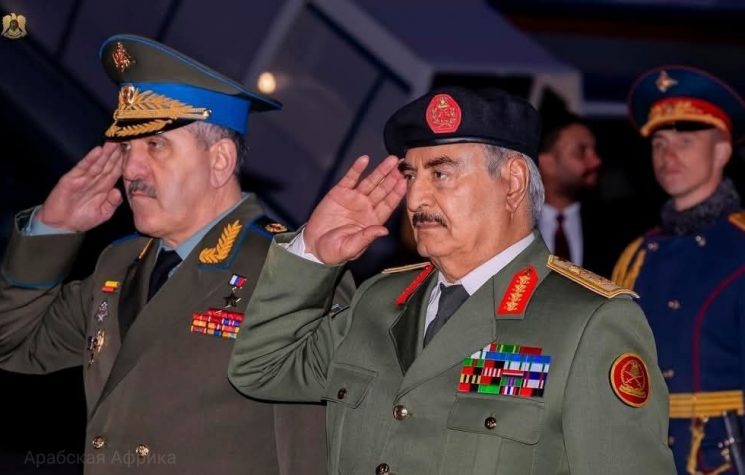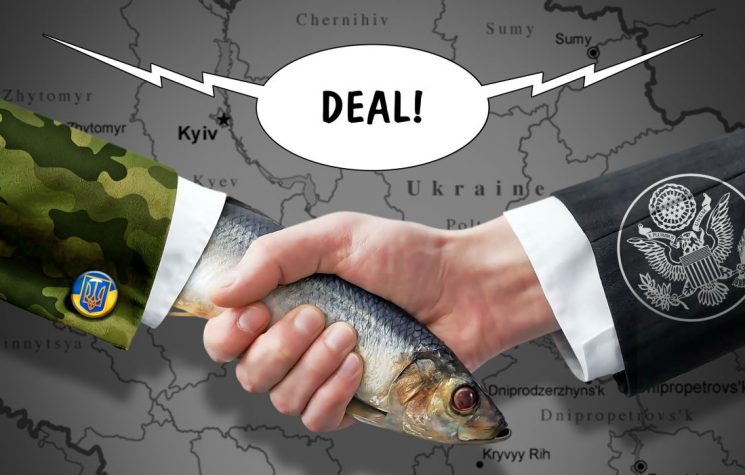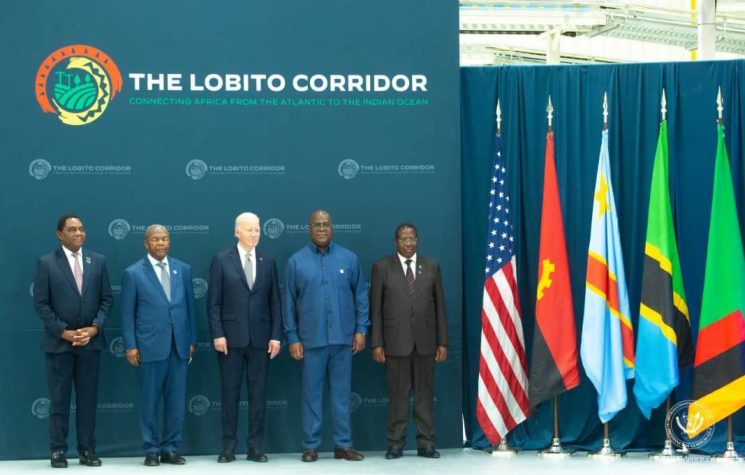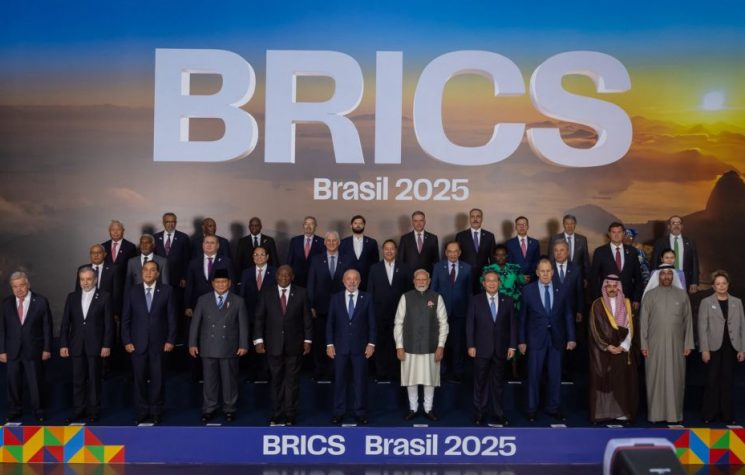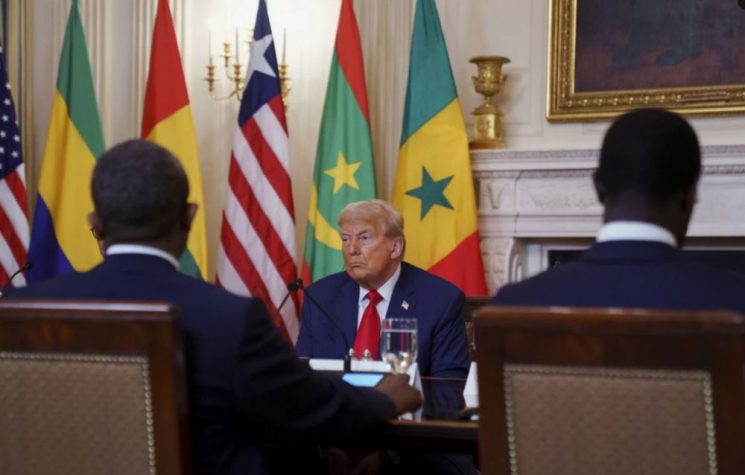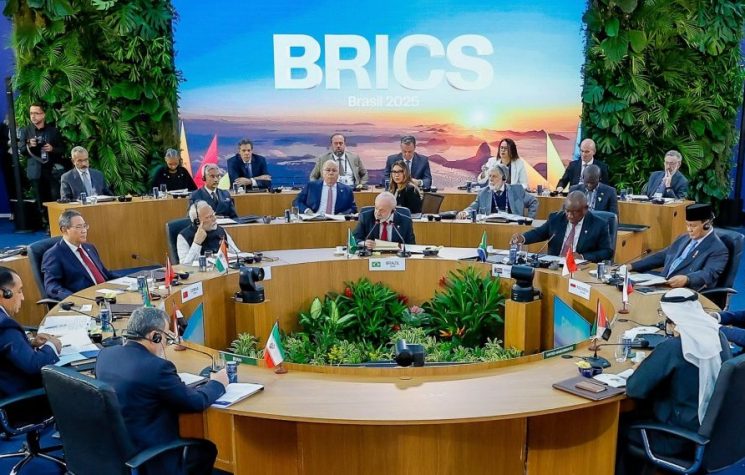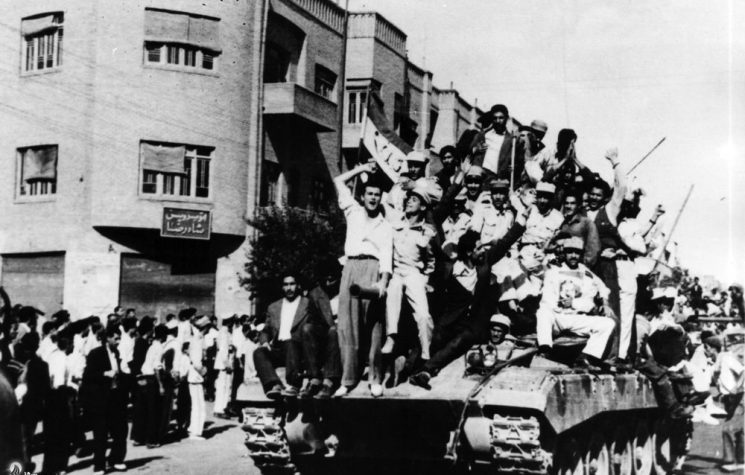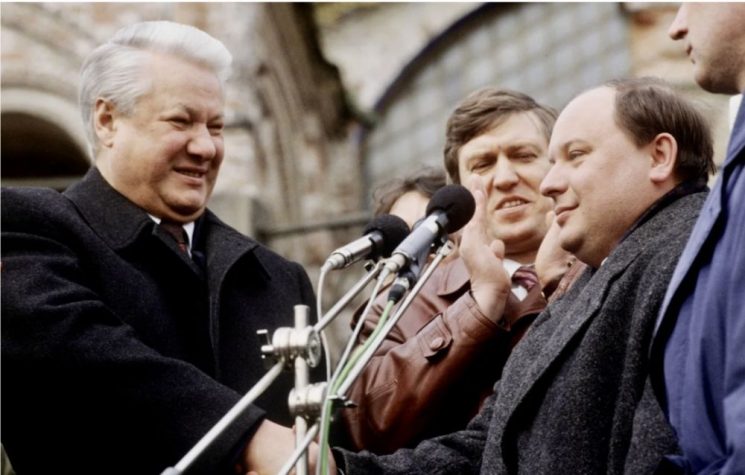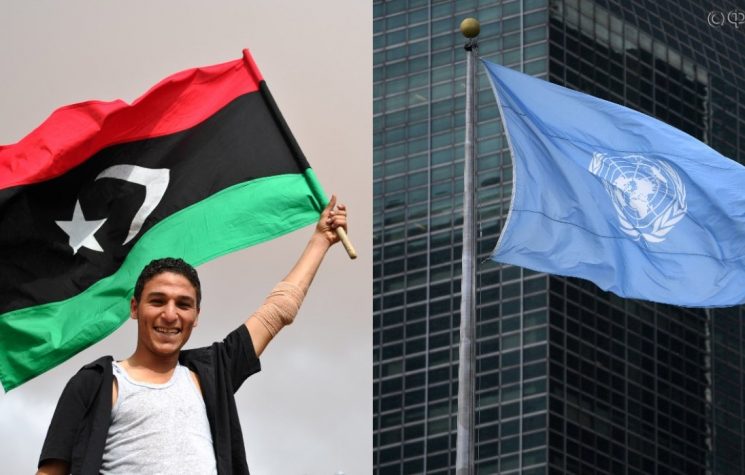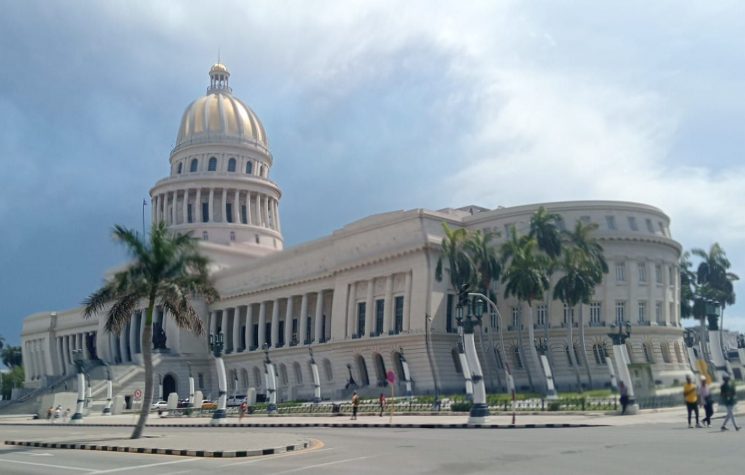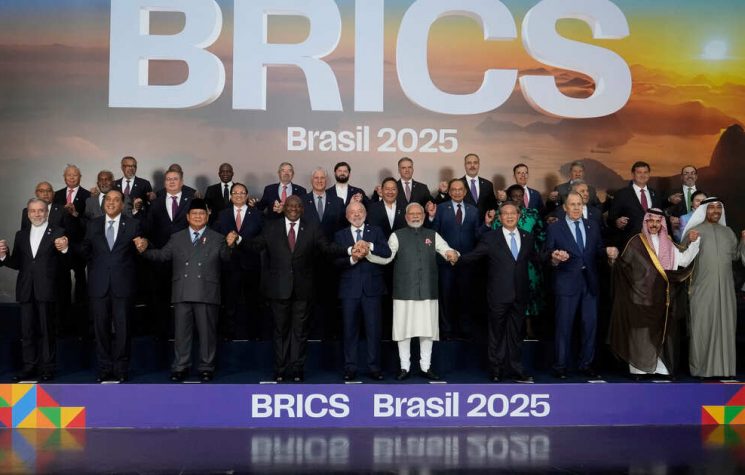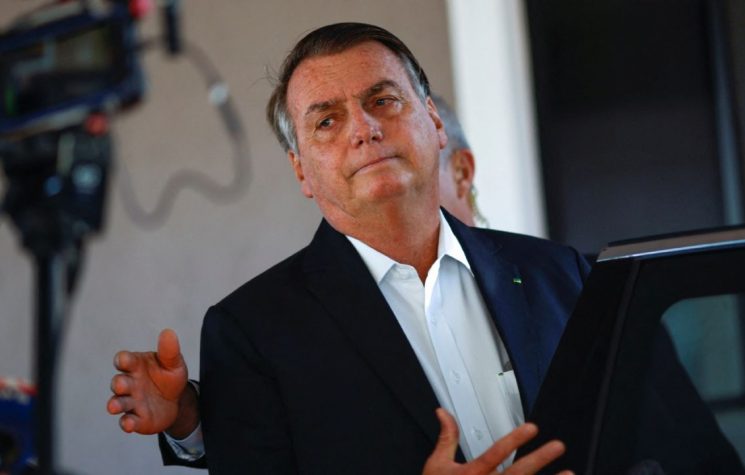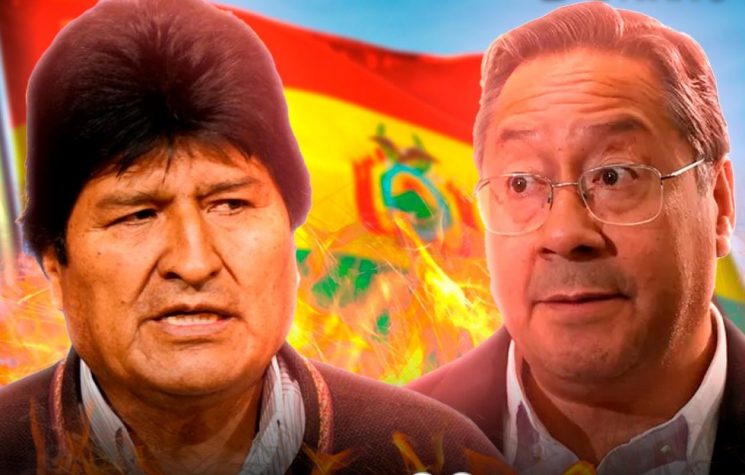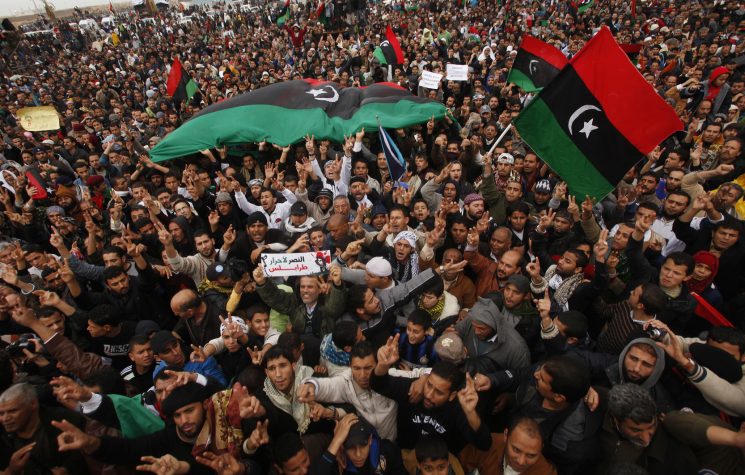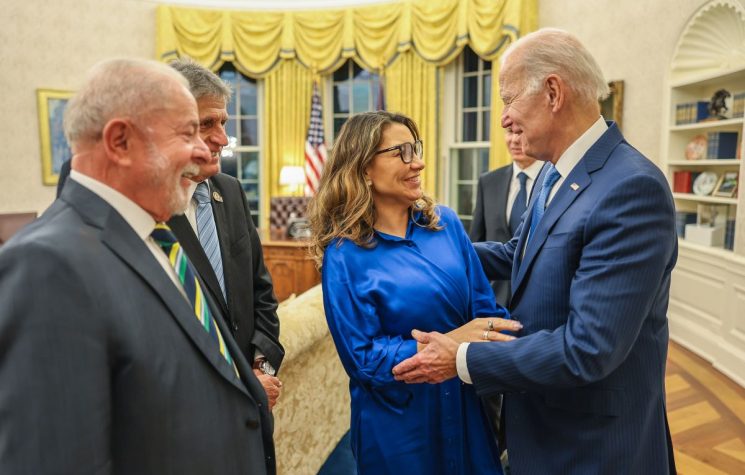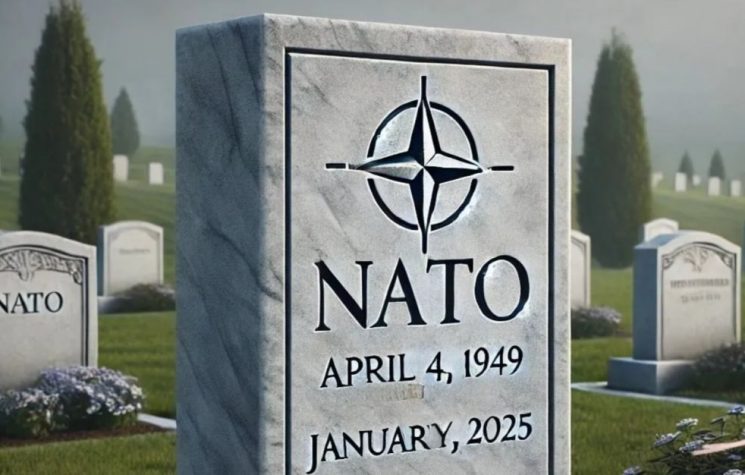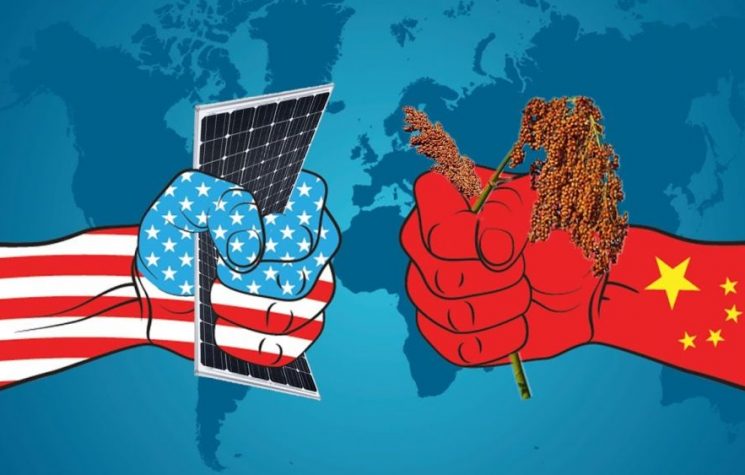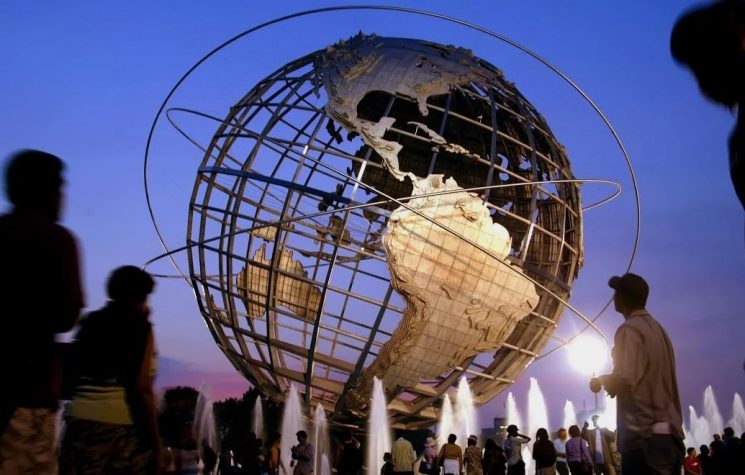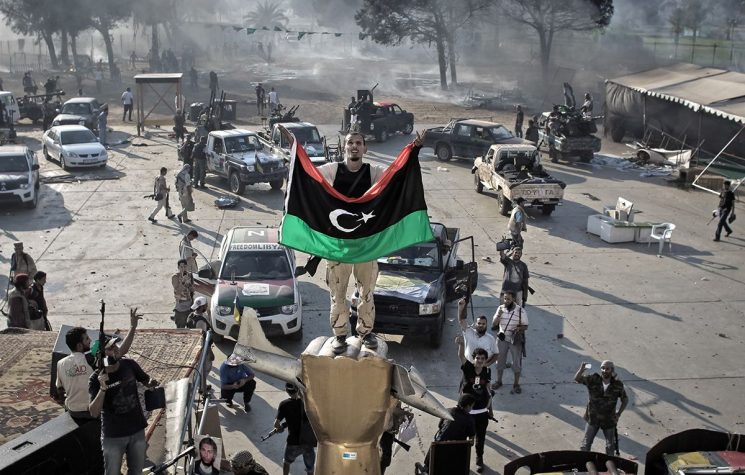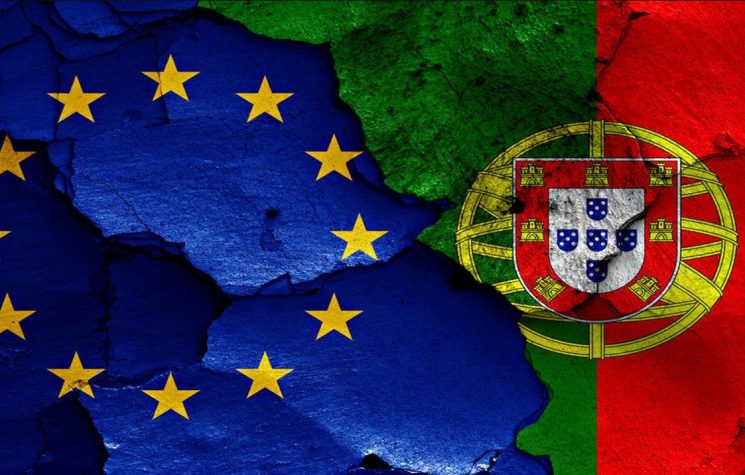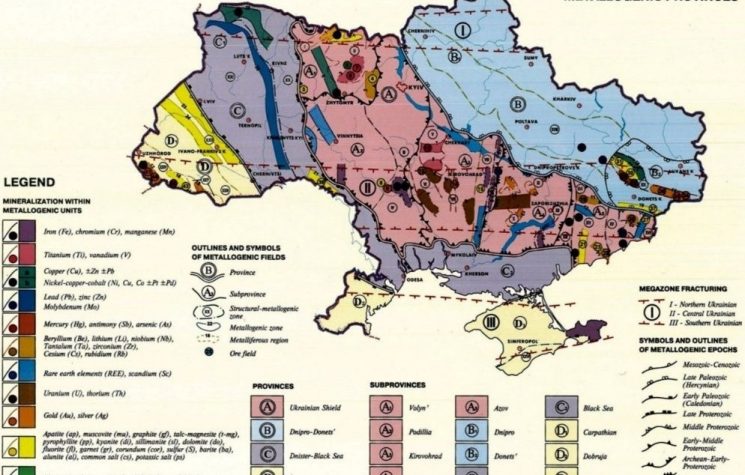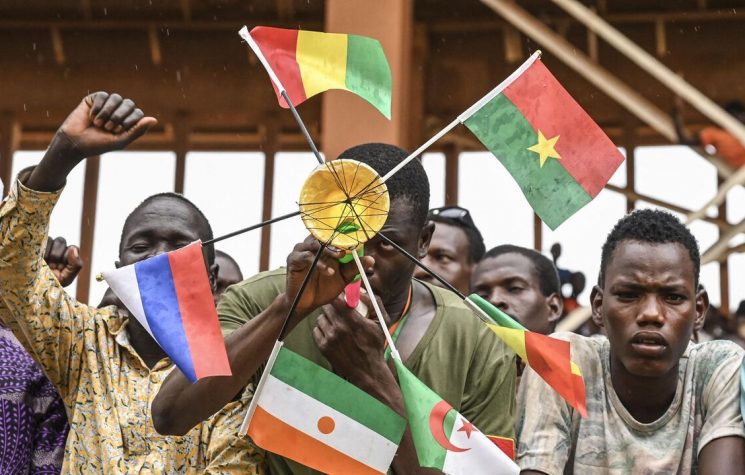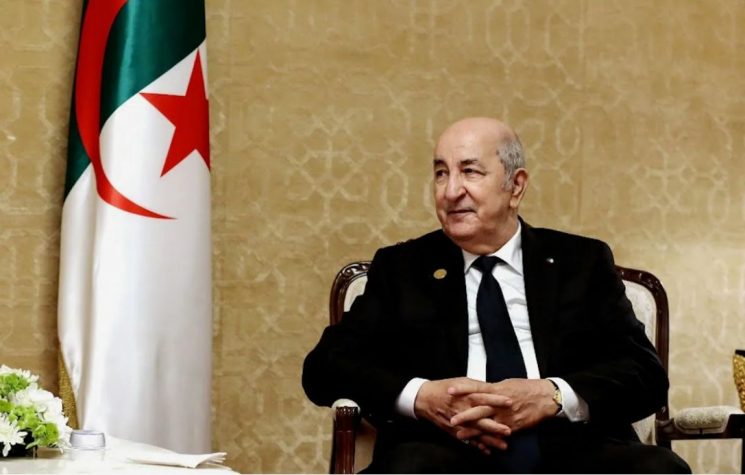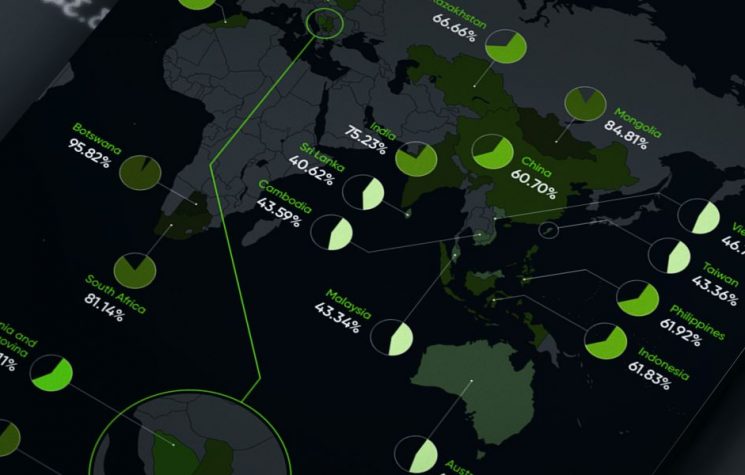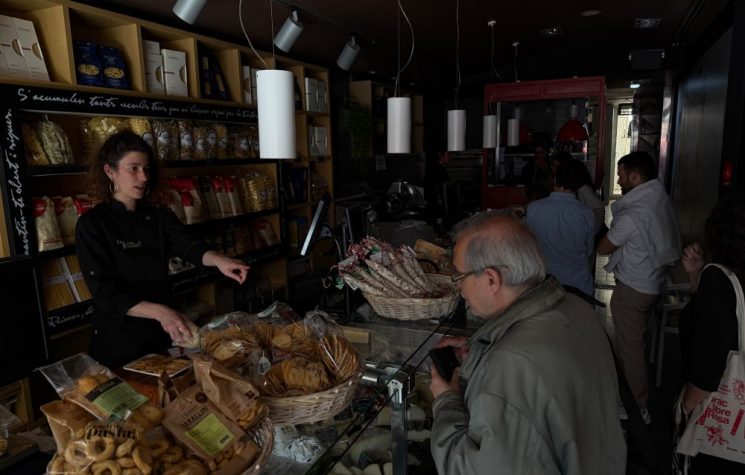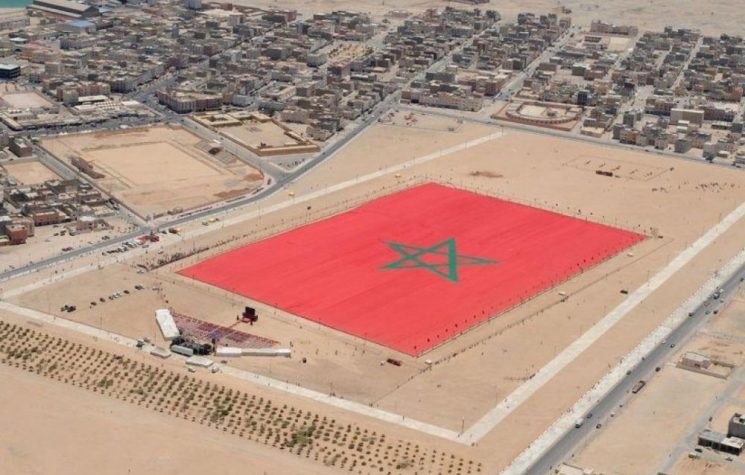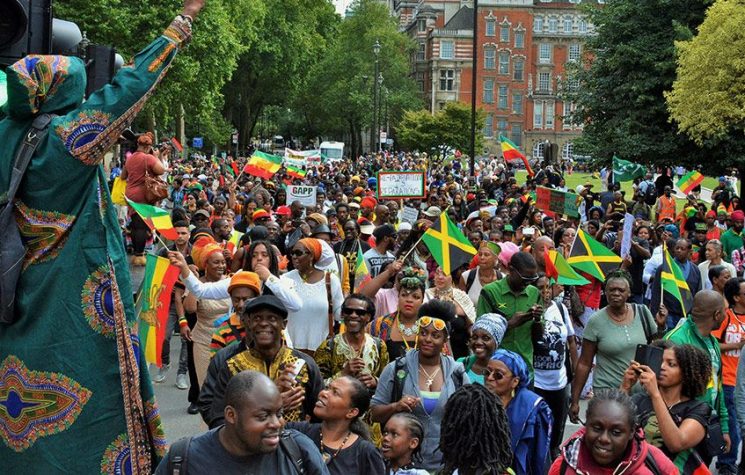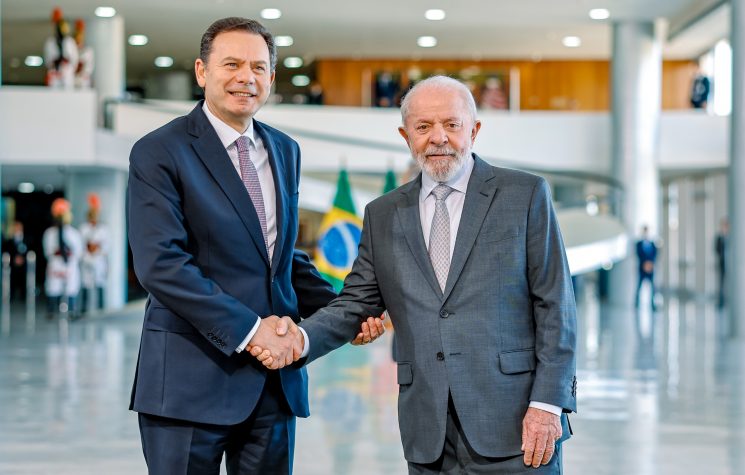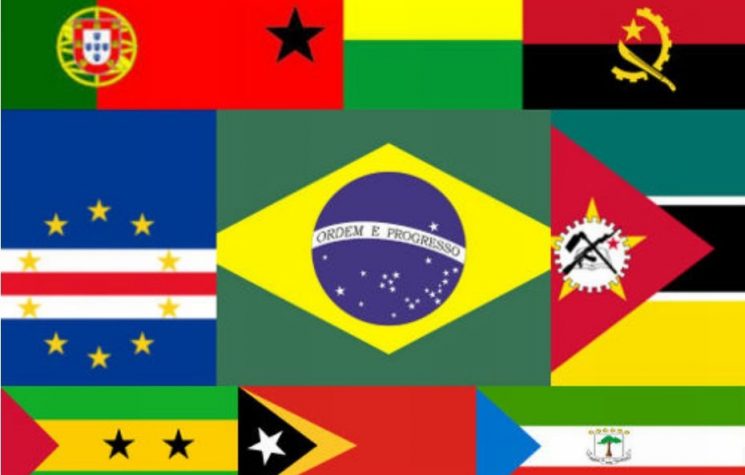Portugal failed, as the European Union fails, as the USA fails, to see, in the multipolar world, a world without indispensable nations, its future, our future.
Contact us: info@strategic-culture.su
The fight for dominance over the world’s main mineral sources is raging. As expected, this struggle is most intense in the places where the accumulation of wealth is most felt: Sub-Saharan Africa and the Middle East. The problem is that this fight is moving the tectonic plates, causing panic among the pro-USA/NATO/EU hosts.
The deepening of relations between China and the countries of the global South and Africa, in particular, accompanied by Russia’s intervention on the African continent, initiating an effective fight against terrorism, the same terrorism that justified, for almost 20 years, the presence of missions of the European Union and the USA on the continent, has been causing a wave of despair and recrimination across the situationist and pro-Hegemonic political spectrum.
The Russian military presence — through Russian African Corps — in several African countries (Burkina-Faso, Mali, Chad, Libya, Sudan, Mozambique, Central African Republic), has raised, from the political parties from the center, center-right and neoliberal right, of the European political spectrum, a whole set of recriminations, the latest being that Russia is “aligning dictatorships” in Africa. This accusation coming from European politicians who have always been aligned with neocolonialism and imperialism, is almost caricatured, if it weren’t tragic. Making us believe that the dictatorship in Africa arrives, in the 21st century, with the arrival of Russia on the ground, after the west’s 500 years of plundering, enslaving, occupying, corrupting, conditioning and exploiting the continent…. It says a lot about why the collective West is not able to find its place in today’s world.
The inability of the USA/NATO/EU to find a place in the multipolar world, a world that eagerly wants to free itself from the paternalistic, neo-colonialist and subservient past, in which it had been placed, throughout 500 years of history, finds itself echoes in recent events around the world: In Bratislava, Robert Fico is shot three times and is in critical condition; in Iran, the president and 4 senior state officials die in a helicopter accident; in the Democratic Republic of Congo a coup d’état was attempted and in Burkina-Faso someone tried to attack the presidential palace.
The fight for control of mineral assets is carried out to the millimeter, bastion by bastion, mine by mine, concession by concession. Meanwhile, if China spent 19 billion dollars on mining investments during 2023, and Russia deepens relations with Senegal, Libya and others, the U.S., through the International Development Finance Corporation, only invested 740 million dollars. Reluctance can be seen. Used to obtaining mines at bargain prices or almost for free, Western countries are now faced with the need to also have to pay. Which is a problem, because the Western model is what the first lady of Sierra Leone mentioned in a recent interview. Fatima Maada Bio explained how the United Kingdom owns all the mines in her country and manages the country’s own electricity grid. The west has to make sure they behave well.
But Sierra Leone has elections, elections won with the best propaganda that Western mining companies can buy. If an example exists to demonstrate that the problem does not lie in the existence of a false democracy, controlled from Wall Street, but in the conditions of sovereignty that each state effectively has to develop… It’s Sierra Leone. Look who profits from this “Western democracy”.
It is for these reasons, for perpetrating this type of stereotypes and fallacies that the collective West continues without understanding what is happening to it and without understanding why, more than 500 years after the arrival of the Portuguese on the African continent, the African people still want to be free. 500 years of rule were enough to convince the majority that, with the West leading, development will always be a mirage. And the only ones who don’t understand it are the Westerners themselves. The creation of the Association of Sahel States is, perhaps, the first time that, in Africa, geographic relations have been defined without being subject to Western paternalism. Therefore, this emancipation must be valued.
It is within this framework of emancipation that indignation also exploded in Portugal when the newly installed sovereign bodies, the government and the radical right, went into a nervous breakdown upon discovering that a former Portuguese colony — São Tomé and Príncipe — had negotiated, celebrated and implemented a military agreement with Russia, without asking for authorization. If they didn’t intend for authorization to be requested, that’s not what they implied with their desperation.
There was no shortage of recriminations against the Minister of Foreign Affairs and requests for explanations, from the most Russophobic sectors — who knows why they are Russophobes, apart from having passed through the Ivy League — inside Portuguese politics. To the point that the President of the Republic, perhaps thinking that he was still in his 16th year (before the revolution that dictated the end of the colonial war and decolonization), said he wanted to “see the agreement”.
Portugal, a small country in Western Europe, but one of the most Russophobic in the European Union, a legacy of more than 40 years of fascism — the longest dictatorship in Europe -, has always looked to the CPLP (Community of Portuguese Speaking Countries, Portugal, Angola, Mozambique, Brazil, Cape Verde, Timor-Leste, Guinea Bissau and São Tomé and Príncipe), like something that is at hand, but that there is no need to pick up, because it will never escape. A kind of neocolonial vision, very present in the economic relations between the various countries, with the exception of Brazil. Brazil is a heavyweight, as we know.
Linked to the foreign policy defined by the USA and the European Union, without a sovereign and independent international vision, successive governments have never been able, wanted or chosen to look at the Community of Portuguese Speaking Countries (CPLP) as the future of Portugal, as its main bridge to the world, to the whole world. A bridge built with the most precious thing that unites people, language and culture.
For the Portuguese authorities, the CPLP was never more than a mere exit door, opened only for economic reasons, above all, at the whim of much broader interests that did not always coincide with those of the Portuguese. Let’s look at the case of Memorandum of Understanding between the USA and the European Union, in support of the development of the Lobito corridor, between Angola, Zambia and the Democratic Republic of Congo. Portugal, the second largest exporter to Angola, right after China (by far), does not even appear listed in the documentation that refers to the integration of this Lobito corridor into the European strategy for critical raw materials, the Global Gateway. At the Global Gateway launch forum in Angola, the only Portuguese presence was the European Union ambassador in Angola.
As with its masters in the center of Europe, Portugal also always failed to promote development alternatives that could bring Portuguese-speaking countries closer to the developed world and, above all, failed to promote cooperation, between equals, that would benefit from the enormous market available. of Portuguese-speaking peoples, of all of them. A unifying factor that still today constitutes one of the main links between the USA and the rest of the world. The tongue.
Instead, Portugal always chose to turn north and be fully happy with the idea of one day being treated as an equal to the people from the North, just as Africans were lost in the illusion of developing through rapprochement with the West, a dream from which they are now waking up. Portugal has fallen and continues to fall into the same mistake. Portugal will never assume any centrality that is not based on its sovereignty, independence and a vision that turns the country towards the future, towards the global south, towards the world that is growing, through cooperation, through sharing development opportunities. The fact is that, many millions of European funds later, neither Portugal, nor any peripheral country in the European Union, aimed to converge with the northern and central European countries, in terms of higher levels of development. If no one has achieved it, dozens of years later, hundreds of billions of euros later, it is because they were not supposed to achieve it. Just like no African has achieved it during 500 years of Western rule. There are things that history itself is responsible for demonstrating, despite all the speeches and all the flourishes.
It was this same subservience, which Portugal demands from its former colonies and which the European Union demands from Portugal, that made a country with 10 million inhabitants, with privileged historical access to a market of 300 million inhabitants, with more than 2 trillion euros of GDP, has not been able to transform this access into a strategic advantage, even from the perspective of its European integration.
Instead, Portugal lost itself in deferred dreams, seeing the promised European “convergence” further and further away. Convergence that never comes again, just as the promised development never comes to African countries, which the collective West has been waving at, since 500 years ago it decided to go to Africa to save souls and bring civilization.
Portugal’s economic relations with African countries say it all. Portugal imports around half the value it exports, according to data from the National Statistics Institute, for the years 2018-2022. When the relationship with Brazil is assessed, the situation is reversed and it is Portugal that is left with an unbalanced balance. Portugal sends manufactured goods, with medium added value, and imports unprocessed goods with low added value. This relationship demonstrates that Portugal has done very little to help these countries develop, particularly through technological transfers. Angola has a lot of oil, it doesn’t refine it, Portugal doesn’t have oil, but it knows how to refine it. Both are in the hands of foreign interests. A small example.
That is why no one can be surprised this relationship between São Tomé and Príncipe and Russia, which can also be seen in Guinea-Bissau and Mozambique. It is, once again, history that explains this relationship, as it was none other than the USSR that supported the liberation movements that fought against the Portuguese colonial government, while the USA and other European countries supported the ignominious Apartheid. It was with Soviet and Cuban weapons and troops that South Africa was defeated in the battle of Cuito Cuanavale, which became the beginning of the end of that genocidal regime. Today, when they look at the terrorist threat, African countries look at the Sahel and detect the obvious: 20 years of “support” in the fight against terrorism, by Western countries (France, USA, UK), and terrorists were even more and more. Until the Russians arrived. Then, the story was different. Just like in Syria.
This situation is symptomatic of the failure of an entire foreign policy that claimed to want to build “bridges” with the world. Like the entire collective West, Portugal was also unable to preserve its privileged relationship with Africa. When the Portuguese rulers witnessed the awakening of African countries, their approach to the BRICS, their refusal to apply sanctions to Russia, what did they do? Did you try to understand? Did you try to understand why these countries lost faith in the West? Never! They just recriminated and clearly stood out from the general trend.
Portugal moved away from its own to join the others. To those who paid him to destroy the industry, agriculture and fisheries he needed to be an asset to the CPLP. Today, 80% of the jobs created are low-skilled, low-wage jobs, and Portugal has very little to offer Africa and Brazil that others cannot offer. As seen in the case of the Global Gateway in Angola, European powers do not need Portugal’s involvement to relaunch their accesses and networks.
This agreement between São Tomé and Príncipe represents, above all, the Portuguese inability to see a future beyond the decadent and increasingly fascist NATO/EU/USA. It represents the failure to see in Brazil and the other Portuguese-speaking African countries a huge common market, a source of industrialization, cooperation, in a strategy in which everyone wins: some because they sell, others because they buy, others because they produce, others because they exchange. The CPLP was the bridge from Portuguese-speaking countries to the world. For everyone.
Portugal failed, as the European Union fails, as the USA fails, to see, in the multipolar world, a world without indispensable nations, its future, our future. Do not be surprised, therefore, that Russia, China, Iran or even India continues to expand in Africa, in this second wave of decolonization. In the first, the USSR helped to obtain freedom, in the second, it is Russia that comes to reap the fruits of all this “soft power”, embedded in human history in letters of gold. While some wanted to perpetrate colonization, others helped, at key moments, to combat it.
And no matter how much it hurts the West, it is Russia who is now in a position to collect the results of an investment that the imperialist blocs did not want, could not, nor were prepared to develop. It was simply not in his nature.










